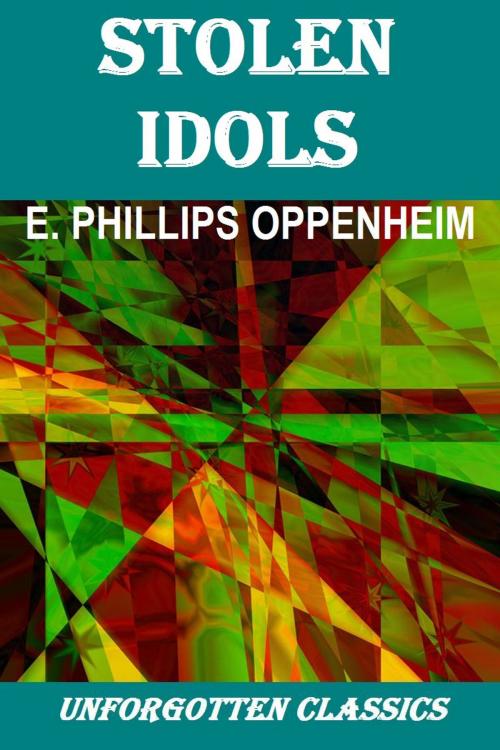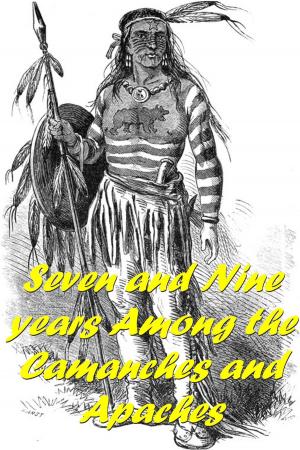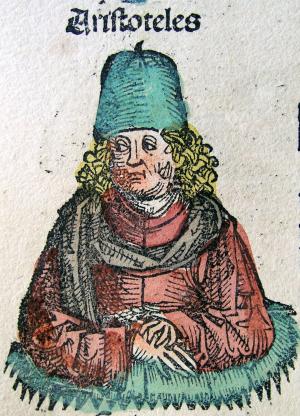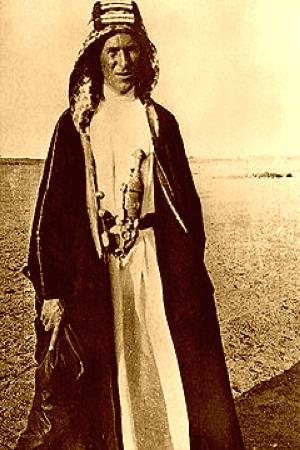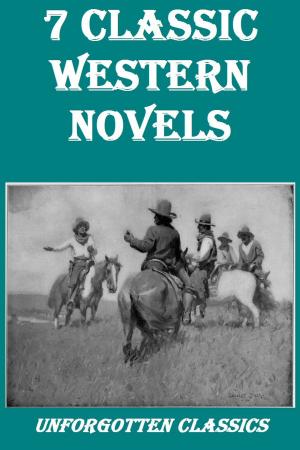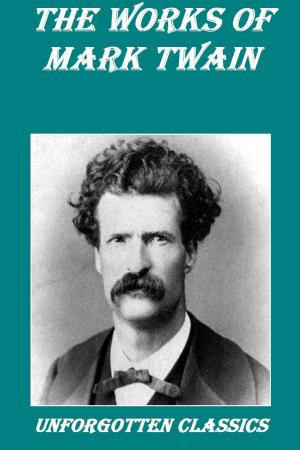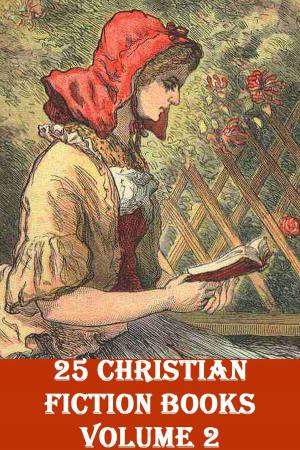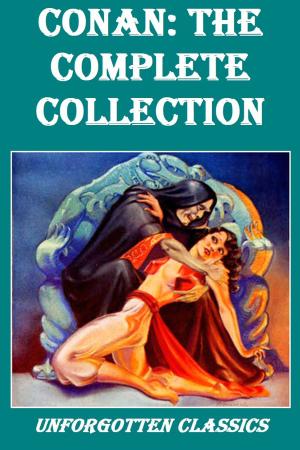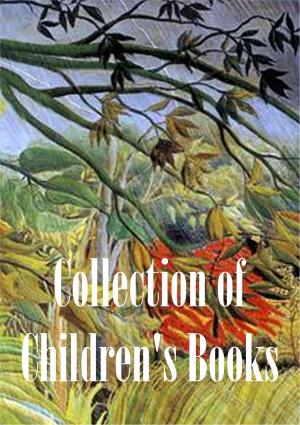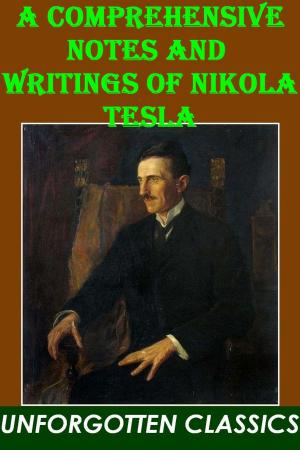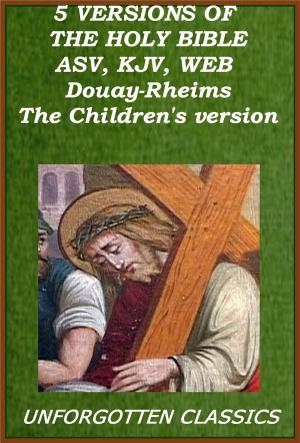| Author: | E. Phillips Oppenheim | ISBN: | 1230000240951 |
| Publisher: | Liongate Press | Publication: | May 19, 2014 |
| Imprint: | Language: | English |
| Author: | E. Phillips Oppenheim |
| ISBN: | 1230000240951 |
| Publisher: | Liongate Press |
| Publication: | May 19, 2014 |
| Imprint: | |
| Language: | English |
Excerpt:
Wu Ling, the trader, Chinese representative of the great house of Johnson and Company, at home and amongst his merchandise, was strangely installed. He sat in the remote corner of a huge warehouse, packed from floor to ceiling with an amazingly heterogeneous collection of all manner of articles. There were bales of cotton and calico goods from Manchester, woollens from Bradford, cases of firearms from Birmingham, and six great crates of American bicycles in the foreground. A Ford automobile stood in the middle of the floor, and, farther back, in the recesses of the room, which seemed to be of no particular shape, and which wandered into many corners, were piles of Chinese silks, shelf after shelf of china bowls and ivory statuettes. Hanging from the walls were mandarins’ robes of green and blue, embroidered with many-coloured silks, fragments of brocade, and one great pictorial representation of the grounds of an emperor’s palace, woven with miraculous skill into a background of pale blue material. From the more distant parts of the warehouse came an insidious, pungent odour, as of a perfume from which the life had gone but the faintness of which remained; a perfume which spread itself with gentle insistence into every corner of the place and seemed to envelop even its more sordid details with an air of mystery. In the great open yard, blue-smocked Chinamen were packing and unpacking in amazing silence. The only sound in the warehouse itself came from the clicking of a typewriter before which, on a plain deal bench, was seated a black-haired, sallow-faced youth in European clothes. From outside, there drifted in through the open window, in a confused medley, the strange noises of the quay, the patter of naked feet, the shrill cry of the porters and occasional screech of a siren. A white mist hung over the harbour; a hot, damp mist, concealing in patches the tangled mass of shipping....
Into this curious chamber of commerce, ushered by a Chinese boy, came Gregory Ballaston, the Englishman whom Wu Ling had rescued a short while ago. The Chinese boy murmured something and departed. Wu Ling nodded a welcome to his visitor—a grave, reserved welcome.
“No gone England yet,” he observed.
The young man sank into the chair which the other’s gesture indicated. He had evidently found his clothes, for he was very correctly dressed in the European fashion. His manner was self-possessed and his voice level. Nevertheless his pallor was almost ghastly and there were still blue lines under his eyes. He had the air of a man who has been through some form of suffering.
“You have heard the story of my friend, Wu Ling?” he asked.
The Chinaman shook his head and pointed around.
“Much affairs,” he explained. “Very busy. Smoke cigarette?”
Gregory Ballaston helped himself from the open box.
Excerpt:
Wu Ling, the trader, Chinese representative of the great house of Johnson and Company, at home and amongst his merchandise, was strangely installed. He sat in the remote corner of a huge warehouse, packed from floor to ceiling with an amazingly heterogeneous collection of all manner of articles. There were bales of cotton and calico goods from Manchester, woollens from Bradford, cases of firearms from Birmingham, and six great crates of American bicycles in the foreground. A Ford automobile stood in the middle of the floor, and, farther back, in the recesses of the room, which seemed to be of no particular shape, and which wandered into many corners, were piles of Chinese silks, shelf after shelf of china bowls and ivory statuettes. Hanging from the walls were mandarins’ robes of green and blue, embroidered with many-coloured silks, fragments of brocade, and one great pictorial representation of the grounds of an emperor’s palace, woven with miraculous skill into a background of pale blue material. From the more distant parts of the warehouse came an insidious, pungent odour, as of a perfume from which the life had gone but the faintness of which remained; a perfume which spread itself with gentle insistence into every corner of the place and seemed to envelop even its more sordid details with an air of mystery. In the great open yard, blue-smocked Chinamen were packing and unpacking in amazing silence. The only sound in the warehouse itself came from the clicking of a typewriter before which, on a plain deal bench, was seated a black-haired, sallow-faced youth in European clothes. From outside, there drifted in through the open window, in a confused medley, the strange noises of the quay, the patter of naked feet, the shrill cry of the porters and occasional screech of a siren. A white mist hung over the harbour; a hot, damp mist, concealing in patches the tangled mass of shipping....
Into this curious chamber of commerce, ushered by a Chinese boy, came Gregory Ballaston, the Englishman whom Wu Ling had rescued a short while ago. The Chinese boy murmured something and departed. Wu Ling nodded a welcome to his visitor—a grave, reserved welcome.
“No gone England yet,” he observed.
The young man sank into the chair which the other’s gesture indicated. He had evidently found his clothes, for he was very correctly dressed in the European fashion. His manner was self-possessed and his voice level. Nevertheless his pallor was almost ghastly and there were still blue lines under his eyes. He had the air of a man who has been through some form of suffering.
“You have heard the story of my friend, Wu Ling?” he asked.
The Chinaman shook his head and pointed around.
“Much affairs,” he explained. “Very busy. Smoke cigarette?”
Gregory Ballaston helped himself from the open box.
